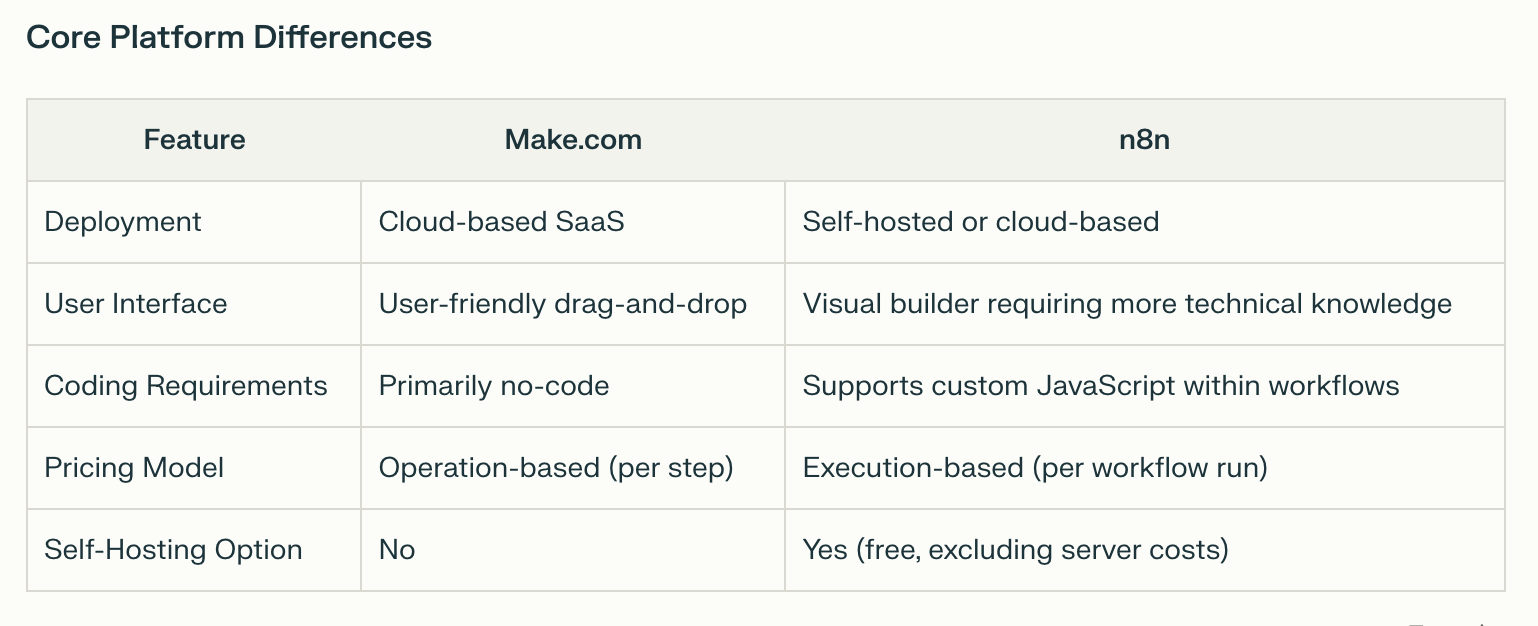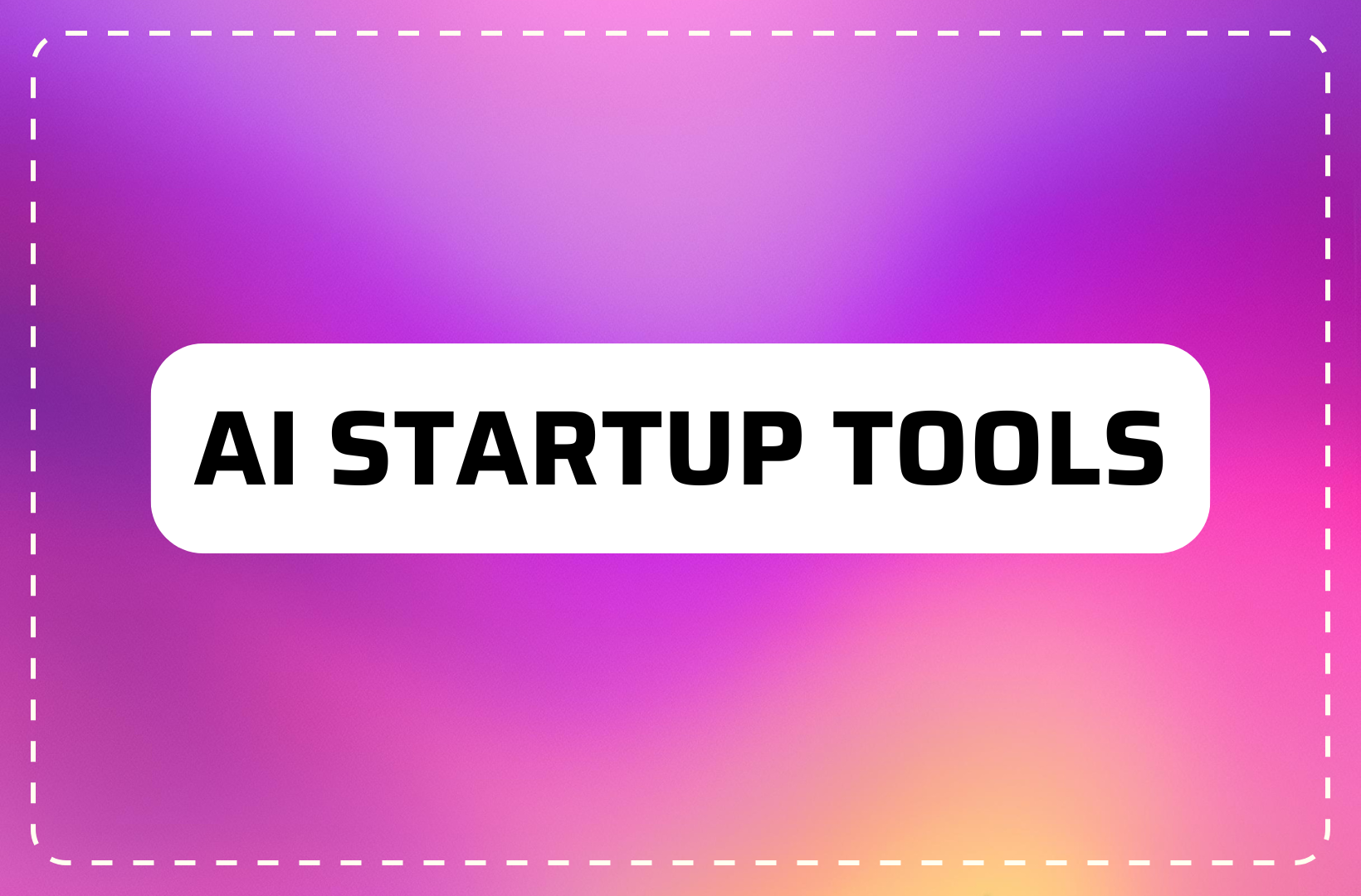AI Agents Coming to Make.com: The Next Evolution in Workflow Automation
We, the F/MS team, only write about stuff we personally use and like. If you click one of the affiliate links in this article and make a purchase, we might earn some coffee money. Coffee helps us write more great articles, build free awesome startup tools and feed our cats. This doesn’t cost you extra but helps support a small startup team.
Make.com has officially launched AI Agents in April 2025, bringing a long-awaited feature that was previously available only in closed beta. This development represents a significant shift in how automation platforms are evolving to incorporate artificial intelligence into their core offerings. The excitement around this launch is palpable within the Make.com community, with users eagerly anticipating access to these new capabilities.
Boost Your SEO by Getting Featured in Our Blogs and get a backlink.
We publish content about startups, education, tech, funding, etc. that ranks well not only in Google but also in Perplexity, ChatGPT, Grok and other AI tools.
👉 Get featured now!
What Are AI Agents in Make.com?
AI Agents in Make.com are autonomous systems that act within defined contexts and constraints to achieve specific goals. Unlike traditional automation that requires explicit step-by-step instructions, these agents use reasoning powered by large language models (LLMs) to determine the best approach to complete tasks.
The new AI Agents feature includes several key capabilities:
- Request Anything: Functions like a chat completion tool, allowing natural language processing within workflows
- Analyze Sentiment: Automatically detects emotional tone in text content
- Categorize Text: Classifies content into predefined categories without manual intervention
What makes this particularly valuable is that these AI capabilities are built directly into Make.com, eliminating the need to connect to external services like OpenAI, Claude, or OpenRouter. This integration allows users to add real-time intelligence to their automation workflows seamlessly.
How AI Agents Transform Automation Approach
The introduction of AI Agents fundamentally changes how users approach automation design:
- Goal-Oriented vs. Process-Oriented: Instead of mapping out every step of "how" to accomplish something, users can focus on defining "what" needs to be done
- Reduced Complexity: AI Agents can use reasoning to determine which tools to use based on inputs, potentially replacing complex routing and filtering
- Contextual Decision-Making: Agents operate based on their description, purpose, and constraints, making them flexible problem-solvers
For example, a Make.com user could create a workflow that:
- Watches for new rows in a Google Sheet
- Passes the data to the "Request Anything" AI Agent
- Sends the processed response back to the sheet
This enables sophisticated operations like automating sentiment analysis of client feedback or categorizing leads without requiring integration with third-party AI services.
Make.com: Platform Overview
Make.com (formerly Integromat) is a cloud-based workflow automation platform known for its user-friendly approach to connecting apps and automating processes. The platform features:
- Visual Workflow Builder: An intuitive drag-and-drop interface that makes automation accessible to non-technical users
- Extensive Integration Library: Over 1,500 pre-built integrations with popular apps and services
- Operation-Based Structure: Workflows (called "scenarios") consist of modules that perform specific actions or triggers
Make.com has positioned itself as an ideal solution for small businesses, marketing teams, and non-technical users who need powerful automation capabilities without coding knowledge. Its pricing model is based on operations—each individual action or step inside a workflow counts as an operation, with plans starting at relatively affordable rates for lower usage levels.
Make.com vs. n8n: A Comparison
To understand where Make.com's AI Agents fit in the broader automation landscape, it's helpful to compare it with n8n, another prominent workflow automation tool.

Integration Capabilities
Make.com offers approximately 1,500+ pre-built integrations, significantly more than n8n's 400+. However, n8n compensates with greater flexibility in API customization, allowing direct manipulation of API requests and custom calls. This makes n8n potentially more versatile for businesses with proprietary systems or unique integration needs.
AI Capabilities
This is where the comparison becomes particularly interesting with Make.com's new AI Agents:
- n8n: Currently leads with advanced AI agents and Retrieval Augmented Generation (RAG), making it suitable for pushing the boundaries of automation
- Make.com: With the April 2025 launch, is catching up by introducing native AI agents that don't require external connections
The introduction of AI Agents to Make.com narrows the gap between these platforms in terms of AI capabilities, though n8n may still offer more depth for advanced AI implementations.
Cost Efficiency
The pricing models create different cost scenarios depending on workflow complexity:
- Make.com: Charges per operation, which can become expensive for complex workflows with many steps
- n8n: Charges per execution regardless of workflow complexity, potentially more cost-effective for multi-step processes
For businesses running complex AI-driven processes, n8n's execution-based pricing may be more predictable and economical, especially when self-hosted.
Why the Hype Around AI Agents?
The excitement surrounding AI Agents in automation platforms like Make.com stems from several factors:
- Reduced Manual Work: AI agents excel at handling "glue work" that typically slows people down—context switching, repetitive coordination, and fragmented workflows
- Adaptive Automation: Unlike traditional rule-based automation, AI agents can manage exceptions, exercise judgment, and integrate across systems without disruption
- Trust Development: Organizations are finding that teams develop trust in AI agents relatively quickly, sometimes within just a few weeks of implementation
- Efficiency Breakthrough: We've reached a point where training an AI agent requires less effort than performing tasks manually, creating a compelling efficiency case
- Competitive Advantage: Organizations that establish effective collaboration models between humans and AI are gaining significant competitive edges
Real-World Applications
The practical applications of AI Agents in Make.com are diverse and impactful:
- Customer Support: Automating sentiment analysis of client feedback and routing appropriately
- Lead Management: Categorizing and prioritizing leads based on content analysis
- Content Processing: Analyzing and categorizing incoming content without manual review
- Data Enrichment: Adding context and insights to raw data automatically
- Decision Support: Providing recommendations based on data analysis
For example, marketing agencies like Midsummer Agency are already planning to enhance their workflows by watching for new data entries, processing them through these AI tools, and automatically returning structured data—all within Make.com's ecosystem.
The Future of Work with AI Agents
The introduction of AI Agents to platforms like Make.com has broader implications for how work will be structured in 2025 and beyond:
- Job Restructuring: While not every position will be eliminated, virtually every job will undergo some restructuring to accommodate AI capabilities
- Human-AI Collaboration: The most successful organizations will be those that establish effective collaboration models between humans and AI
- Trust as a Limiting Factor: The ultimate challenge isn't technical capability but gaining people's trust in these systems
As one software development veteran with 15+ years of experience noted, AI agents represent "more than just another technological trend; they signify a profound transformation in business operations."
Choosing Between Make.com and n8n
With Make.com's AI Agents launch, the decision between these platforms becomes more nuanced:
Choose Make.com if you:
- Prefer a user-friendly, no-code experience
- Need a wide range of pre-built integrations
- Want cloud-based simplicity without infrastructure management
- Require the new AI Agent capabilities without external AI service connections
- Run relatively simple workflows with fewer steps
Choose n8n if you:
- Need deep customization and flexibility
- Have technical resources for self-hosting
- Run complex workflows with many steps
- Require advanced AI capabilities beyond what Make.com offers
- Want more control over your data and infrastructure
Conclusion
The introduction of AI Agents to Make.com represents a significant evolution in workflow automation, bringing adaptive, intelligent capabilities to a platform already known for its user-friendliness and extensive integrations. While n8n may still offer advantages in terms of customization and potentially more advanced AI implementations, Make.com's new feature narrows the gap while maintaining its accessibility for non-technical users.
As we move through 2025, the distinction between simple automation and intelligent agents will become increasingly important, with platforms like Make.com and n8n competing to provide the most effective balance of power and usability. For businesses looking to gain competitive advantages through automation, understanding these AI Agent capabilities—and how they compare across platforms—will be essential to making informed technology decisions.
FAQ on AI Agents
What exactly is an AI Agent in Make.com?
An AI Agent is an autonomous system that uses reasoning powered by large language models to achieve goals within defined contexts and constraints. It's like having an assistant who performs tasks using its best judgment rather than following rigid rules.
When will AI Agents be available in Make.com?
AI Agents are officially launching in April 2025, after being in closed beta previously.
Do I need to connect to external AI services to use Make.com's AI Agents?
No, one of the key advantages of Make.com's AI Agents is that they work without needing to connect to external services like OpenAI, Claude, or OpenRouter.
How do AI Agents differ from traditional automation in Make.com?
Traditional automation requires you to define exactly how to accomplish tasks step-by-step. AI Agents allow you to focus on defining the goal, and the agent uses reasoning to determine the best approach to achieve it.
Will AI Agents make my Make.com workflows more expensive?
Since Make.com uses an operation-based pricing model, the cost impact will depend on how you implement AI Agents in your workflows. They may reduce the need for complex routing and filtering, potentially decreasing the number of operations needed.
How do Make.com's AI Agents compare to n8n's AI capabilities?
While n8n currently leads with advanced AI agents and Retrieval Augmented Generation (RAG), Make.com's new AI Agents feature narrows this gap by providing native AI capabilities without requiring external connections.
Can AI Agents handle complex decision-making in workflows?
Yes, AI Agents can use reasoning to decide which tools to use depending on inputs, potentially replacing complex routing and filtering in workflows.
What types of tasks are best suited for AI Agents in Make.com?
AI Agents excel at tasks involving natural language processing, sentiment analysis, content categorization, and other scenarios where judgment and context understanding are required.
Do I need programming knowledge to use AI Agents in Make.com?
No, Make.com maintains its no-code approach with AI Agents, making them accessible to users without technical backgrounds.
Can AI Agents integrate with my existing Make.com workflows?
Yes, AI Agents can be integrated into existing scenarios, allowing you to enhance current workflows with AI capabilities rather than rebuilding them from scratch.


